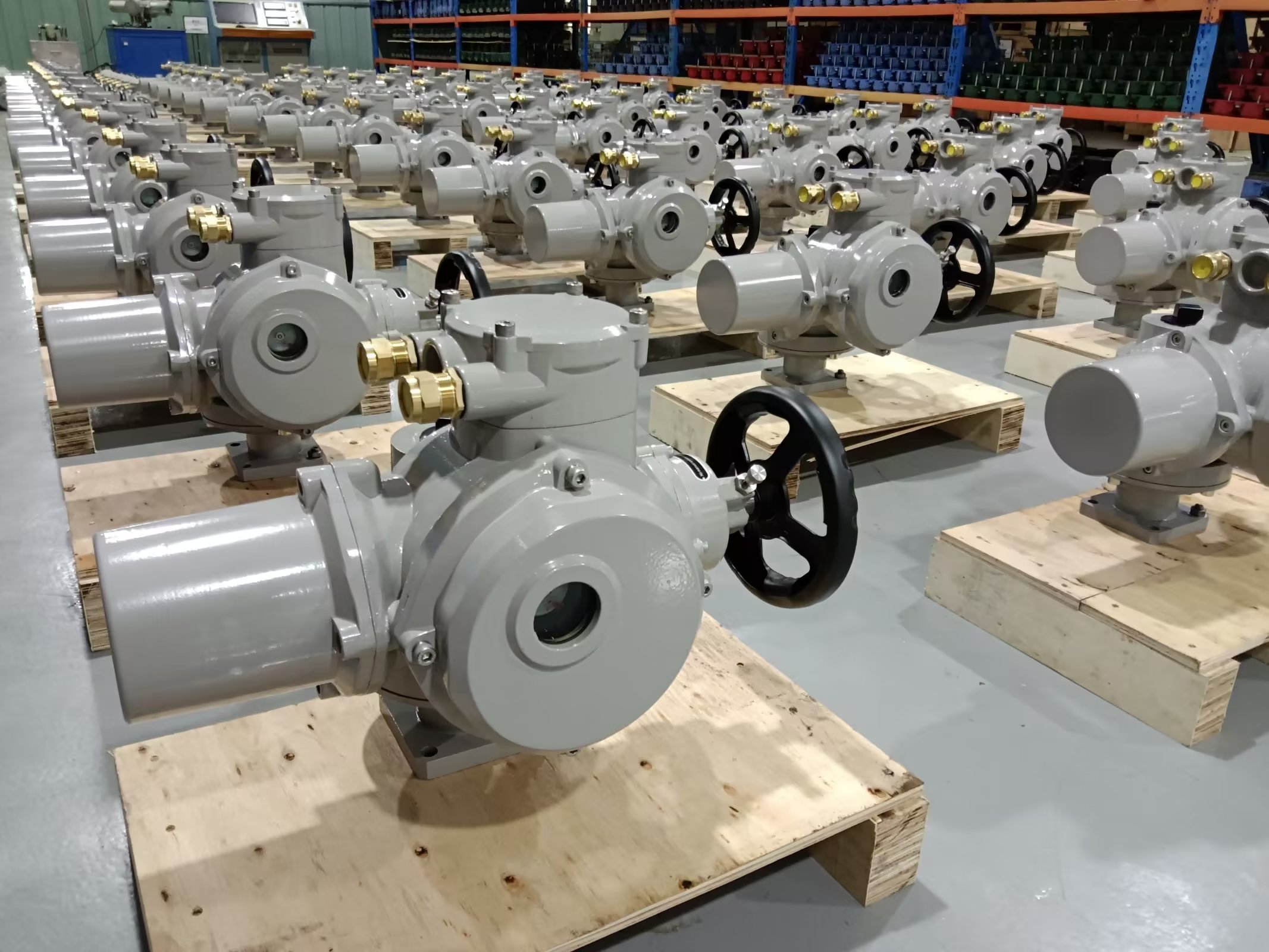Understanding Various Flange Types for Electric Motors in Industrial Applications and Their Benefits
Understanding Flange Type Motors An Overview
Flange type motors are a specialized category of electric motors designed for industrial applications where robust and efficient power transmission is required. These motors are characterized by a flange, or a projecting flat rim, which facilitates easy mounting. The flange offers several advantages, making these motors a popular choice in various engineering applications.
Design and Construction
Flange type motors come in different designs, such as AC induction motors, DC motors, and servo motors, but they all share the basic feature of a mounting flange. This flange can be mounted directly onto machinery, providing a compact and rigid solution to space constraints in industrial environments. The housing of a flange type motor is typically constructed of durable materials, often aluminum or cast iron, designed to withstand the rigors of industrial use.
The motor’s rotor, usually positioned within the housing, can be adapted to meet specific torque and speed requirements. Additionally, flange type motors can be equipped with different mounting configurations, such as foot-mounted or face-mounted designs, to suit various installation conditions.
Applications
Flange type motors are widely used across various industries, including manufacturing, material handling, and automation. Their applications range from powering conveyor systems, pumps, and fans to actuating machinery in automated production lines. In robotics, flange type motors can be integrated into robotic joints, providing precise control and efficient operation.
One notable advantage of flange type motors is their ability to maintain a high power-to-weight ratio. This characteristic makes them ideal for applications where space is at a premium, and where powerful, consistent performance is necessary. Moreover, many flange type motors are designed with high efficiency and low noise levels, making them suitable for use in environments where noise reduction is a priority.
flange type motor

Advantages
The primary advantage of flange type motors lies in their ease of installation and maintenance. The flange allows for secure and straightforward connections to equipment, reducing the time and effort required for assembly. Furthermore, these motors typically feature standardized dimensions, which simplify the replacement and upgrading of components within an existing setup.
Another significant benefit is the wide range of customization options available for flange type motors. Manufacturers often provide different voltage, rpm, and torque specifications, allowing engineers to select a motor that meets their specific operational needs. This flexibility ensures that flange type motors can be integrated into diverse systems with varying requirements.
Challenges and Considerations
Despite their many advantages, users of flange type motors must be aware of certain challenges. Proper alignment during installation is crucial, as misalignment can lead to excessive wear on the motor and connected equipment. Additionally, the selection of the right motor based on load conditions and application specifications is vital; an improperly sized motor can result in inefficient operation or premature failure.
Maintenance is another aspect that operators must consider. Regular inspections and servicing are essential to ensure that the motor operates smoothly and efficiently over its operational lifespan. Users should familiarize themselves with the motor’s specifications and any unique maintenance requirements specific to their chosen model.
Conclusion
Flange type motors represent a versatile and efficient solution for a wide range of industrial applications. Their sturdy construction, ease of installation, and adaptability to various operational needs make them a preferred choice for engineers and manufacturers alike. As technology advances and the demand for reliable industrial machinery grows, flange type motors are poised to remain an integral part of modern engineering solutions. Understanding their applications, benefits, and maintenance requirements is key to maximizing their use in today’s dynamic industrial landscape.
-
Breakthrough in Domestic Low Temperature Valve Technology in ChinaNewsAug.18,2025
-
From Machinery to Intelligent Brain: The Digital Transformation Wave of the Valve IndustryNewsAug.18,2025
-
PCVEXPO 2025NewsAug.18,2025
-
The Key to Fluid Control: Exploring the Advantages of Ball Valves in Industrial SystemsNewsJul.09,2025
-
The Versatile World of 1, 2, and 3 Piece Ball ValvesNewsJul.09,2025
-
Stainless Steel Ball Valves: The Ideal Choice for Efficient Flow ControlNewsJul.09,2025
-
Optimizing Fluid Control with Ball Float ValvesNewsJul.09,2025




